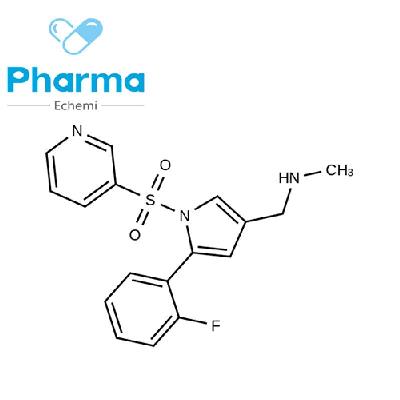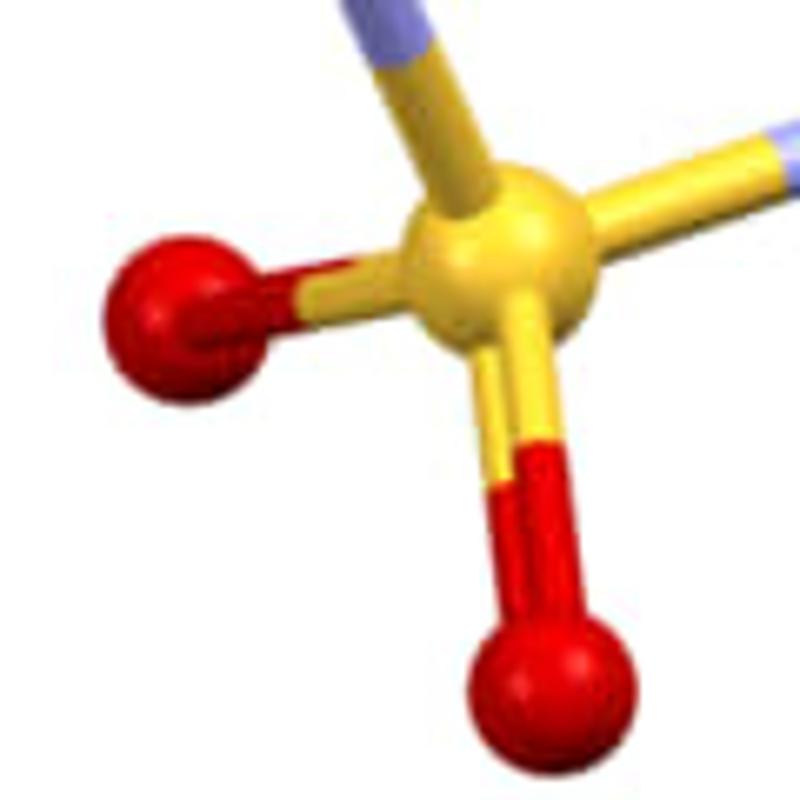-
Categories
-
Pharmaceutical Intermediates
-
Active Pharmaceutical Ingredients
-
Food Additives
- Industrial Coatings
- Agrochemicals
- Dyes and Pigments
- Surfactant
- Flavors and Fragrances
- Chemical Reagents
- Catalyst and Auxiliary
- Natural Products
- Inorganic Chemistry
-
Organic Chemistry
-
Biochemical Engineering
- Analytical Chemistry
-
Cosmetic Ingredient
- Water Treatment Chemical
-
Pharmaceutical Intermediates
Promotion
ECHEMI Mall
Wholesale
Weekly Price
Exhibition
News
-
Trade Service
Some patients experience symptoms such as diarrhea after being infected with the new coronavirus because the gastrointestinal tract is a potential transmission route and target organ
of the virus.
Acute diarrhea is generally defined as diarrhea with 3 or more bowel movements per day in total more than 250 g and lasting no more than 2 weeks
.
Regarding the treatment of acute diarrhea, let's take a look at what the expert consensus says!
The vast majority of patients with diarrheal disease who do not develop dehydration can replace lost water, electrolytes and energy
by drinking sports drinks containing electrolytes such as potassium and sodium and containing a certain amount of sugar, as well as eating soda biscuits and broths.
The ideal diet for patients with diarrhea, especially watery diarrhea, is mainly salty starchy cooked foods to supplement energy and electrolytes
.
Biscuits, yogurt, soup, and cooked vegetables are also good choices
.
Some patients may develop transient lactase deficiency due to diarrhea, and it is best to avoid milk intake
.
After the stool is formed, the diet can gradually return to normal
.
Patients with mild dehydration and diarrhea without clinical evidence of dehydration can also drink water normally and receive oral rehydration therapy (ORT)
as appropriate.
Oral rehydration salts (ORS) should be intermittent, a small amount, many times, should not be short-term within a large amount of drinking, oral dose should be 1.
5~2.
0 times
the sum of cumulative loss plus continued loss.
Adult patients with acute infectious diarrheal disease should be encouraged to receive ORT as much as possible, but intravenous fluid therapy should be taken in the following situations: (1) frequent vomiting, unable to eat or drink; (2) Severe systemic symptoms such as high fever, especially those with impaired consciousness; (3) Severe dehydration, circulatory failure with severe electrolyte imbalance and acid-base imbalance; (4) Other conditions
that are not suitable for oral rehydration therapy.
The amount of intravenous fluids, fluid composition, and duration of fluids should be determined
depending on the patient's condition.
The rehydration of patients with shock caused by dehydration should follow the principle of
"fast before slow, salt before sugar, crystal before colloid, and potassium replacement in urine".
1.
Intestinal mucosal protectors and adsorbents: montmorillonite, pectin and activated carbon, etc.
, have the effect
of adsorbing intestinal toxins and protecting the intestinal mucosa.
Montmorillonite preparations have been shown to shorten the duration and frequency of diarrhea in acute diarrhea
.
Montmorillonite has a fixed and inhibitory effect on viruses, bacteria and their toxins in the digestive tract; It has the ability to cover the mucosa of the digestive tract, and by combining with mucus glycoprotein, it improves the defense ability of the intestinal mucosal barrier against damaging factors and promotes the repair of the intestinal mucosa, which can reduce the symptoms of acute infectious diarrheal disease and shorten the course of the
disease.
2.
Probiotics: Intestinal microbiome imbalance may be a predisposing factor or a consequence
of acute infectious diarrhea in adults.
Common adverse effects of probiotics include flatulence and mild abdominal discomfort, and serious adverse effects are rare
.
Immunodeficiency and short bowel syndrome are contraindications
.
Live bacterial preparations of probiotics should be avoided as much as possible with antibacterial drugs
.
3.
Inhibit intestinal secretion:
(1) Bismuth
salicylate.
It is a drug that inhibits intestinal secretion and can reduce diarrhea, nausea, abdominal pain and other symptoms
in diarrhea patients.
(2) Enkeprilysin inhibitors
.
Oral racemicadotril acts on peripheral neprilysinase, does not affect the activity of neprilysin in the central nervous system, and has no significant effect
on gastrointestinal peristalsis and intestinal basal secretion.
The method of use is 100 mg 3 times / day, oral before meals, and the treatment time is not more than 7 days
.
4.
Intestinal motility inhibitors:
(1) Loperamide
.
It is mostly used for mild and moderate traveler's diarrhea without invasive diarrhea symptoms, which can shorten the course of diarrhea by 1 day; However, it should be avoided in patients with suspected inflammatory diarrhea with fever or marked abdominal pain, as well as bloody diarrhea
.
The initial dose for adults is 4~8 mg/d, administered in divided doses, and the dose is adjusted as needed; If there is no improvement after several days of dosing, the drug
should be discontinued.
The drug does not enter the central nervous system and is not addictive.
(2) Phenethylpiperidine
.
The drug reduces bowel motility and stops diarrhea, but has no analgesic effect
.
Jaundice, intestinal obstruction, pseudomembranous colitis, or acute infectious diarrhea caused by enterotoxin-producing bacteria are banned
.
If 20 mg per day for 10 days and no improvement in symptoms, discontinue the medication
.
Patients with acute watery diarrhea, after excluding cholera, are mostly viral or enterotoxin-producing bacterial infections, and antibacterial drugs should not be routinely used; Patients with mild to moderate diarrhea generally do not use antimicrobials
.
Consider the use of anti-infective drugs in the following situations: (1) acute diarrhea with fever with mucopurulent and bloody stools; (2) persistent Shigella, Salmonella, Campylobacter infection or protozoal infection; (3) Infection occurs in the elderly, immunocompromised, sepsis or patients with prosthesis; (4) Patients
with moderate and severe traveler's diarrhea.
Anti-infective drugs
can be selected empirically based on the patient's condition and local drug sensitivities.
Viral diarrhea is a self-limiting disease and generally does not require antivirals and antimicrobials
.
The above content is excerpted from: Miao Xiaohui, Ran Lu, Zhang Wenhong, et al.
Expert consensus on the diagnosis and treatment of acute infectious diarrhea in adults[J].
Chinese Journal of Infectious Diseases,2013,31(12):705-714.
)
>>>Click directly to read: Expert consensus on the diagnosis and treatment of acute infectious diarrhea in adults







